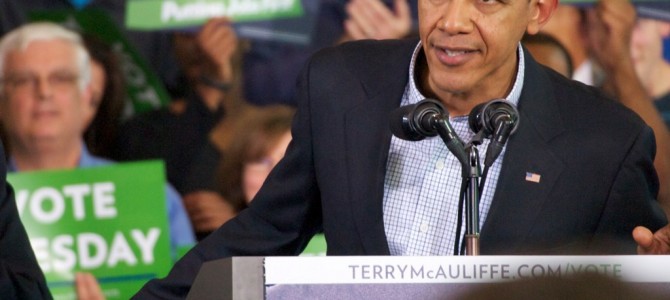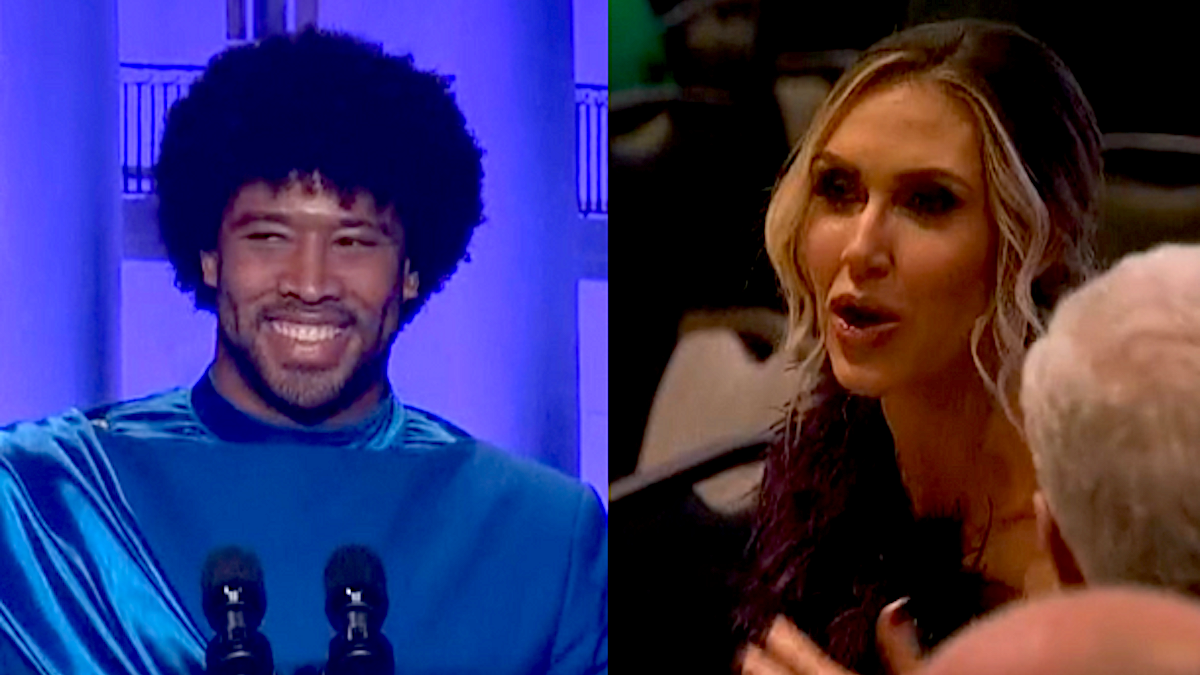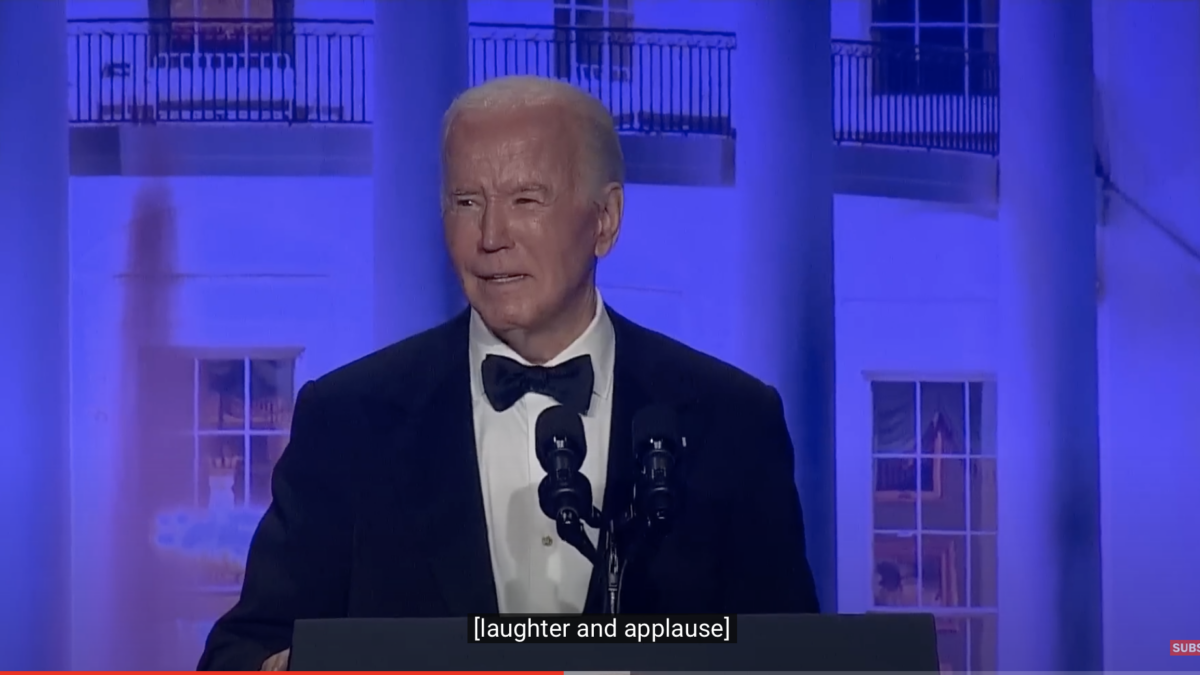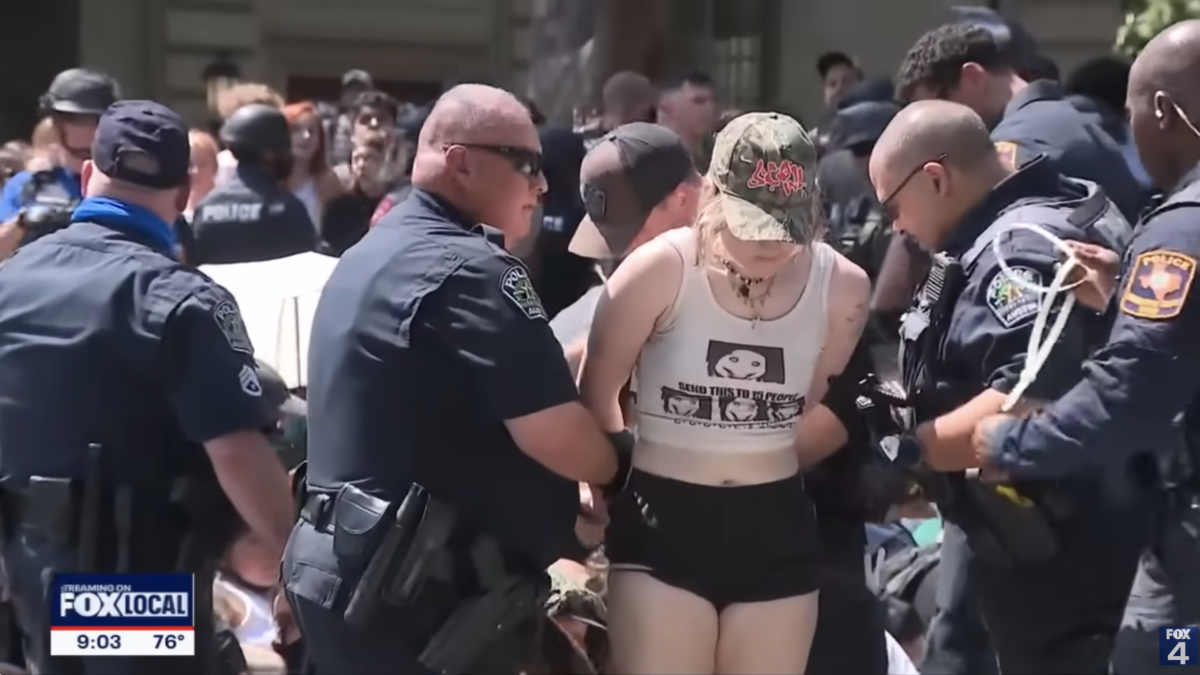
In a recent column, New York Times columnist Ross Douthat explained the thinking behind the White House’s recent warnings that a Republican Congress will impeach President Obama. Douthat linked the chatter about impeachment to another election-year White House tactic: the threat that the president will “go it alone” in granting a de facto amnesty to millions of illegal immigrants because the Republican House has not enacted his immigration proposals. Douthat sees these combined initiatives as an attempt to wedge the Republicans between a rock and a hard place: either to begin an impeachment (which the country does not want) or else to tolerate a presidential usurpation of congressional power that might, indeed, justify impeachment. Douthat appeals to the good will and fairness of the liberal political class to help stave off the Constitution-threatening danger created by such a presidential act. (Good luck.)
In an essay in The New Republic, Eric Posner rides to the White House’s rescue. Posner argues that the Constitution allows the president to enforce or not enforce the law, at will. Posner accepts that if the president decided not to enforce the deportation laws against half of the country’s illegal alien population (or, presumably, against all of it), he “wouldn’t be doing anything different from what his predecessors have done.” “The executive branch,” he writes, “spends a lot of time in not enforcing laws.”
If the Shoe Were On the Other Foot
Posner does not pay even lip service to the Constitution’s clear command that the president shall “take care” that the laws be “faithfully executed.” Nor does Posner mention that the Constitution requires the president to take an oath or affirmation to “faithfully execute” his office. Posner also neglects the basic structural design of the Constitution, which vests the power to legislate in Congress, and imposes the duty to execute the law that Congress has made on the president. A flat refusal to enforce deportation laws, for policy or political reasons alone, through the entire duration of a presidency, is far more like making law than it is like carrying it out.
One has to wonder how those who consider such non-enforcement to be constitutional would react if a President Mitt Romney announced that his Internal Revenue Service would simply stop collecting capital gains tax on the rich, or that his Environmental Protection Agency would no longer seek to impose legal penalties on polluters. There’s little question but that the liberals to whom Douthat appealed would, rightly, be up in arms over these defaults.
And what about selective non-enforcement? Would that be constitutional too? The Obama IRS seems to have enforced the law selectively against organizations linked to the Tea Party movement. Is it within the president’s discretion to order that treatment? Or what if the administration’s immigration officers routinely granted asylum requests made by homosexuals fleeing from their foreign persecutors, but denied or delayed those made by Iraqi Christians fleeing from ISIS? Is that just a question of discretionary resource allocation, without any constitutional import?
It’s true, of course, that the executive branch often leaves laws unenforced or under-enforced. There may be legitimate reasons for that. For example, Congress may simply not have appropriated sufficient funding to carry out its mandates in full, and the executive must then decide on enforcement priorities. But non-enforcement on the kind and scale that the White House seems to be contemplating has a different character and is on a different order of magnitude.
Three Reasons It’s Different This Time
Contrary to Posner’s assumption, the White House is not simply doing what other administrations have routinely done in granting temporary relief to classes of illegal immigrants. Nor will this be a case “semi-official” (whatever that means) administrative inaction. There are at least three reasons why the White House plan (though we do not have the details yet) would be different.
First, the White House itself loudly insists so. The White House keeps repeating that the president will be forced to act unilaterally on immigration because of a “do-nothing” Congress. That in itself is an admission the president would be taking action of a legislative kind. Other presidents have not cast their grants of temporary relief to illegal aliens in such dramatic terms. And Obama himself acknowledged in his first term that he had no constitutional power to take the kind of steps he seems ready to authorize now.
Second, the White House plan will almost certainly include work authorization provisions. But ordering that measure would go beyond mere executive inaction. To confer such legal rights, the president would need a delegation of affirmative authority from Congress. To say that Congress has under-funded its deportation mandates is not enough. Where is this affirmative delegation?
Third and perhaps most important, Posner overlooks a massively obvious fact: a new presidential non-enforcement decision on immigration this campaign season comes against a pattern of repeated refusals to enforce the law in both immigration and other contexts. The administration’s unauthorized postponement last July of the employer mandate in its own health care law is but one of dozens of examples of this pattern. Furthermore, the dominant motive for these decisions seems to be political expediency, not valid public policy concerns. Pushing the starting date for the employer mandate past next November’s elections helps the president’s party get over the hump of what will surely be an unpopular, maybe unworkable, law. The president had the time to ask Congress to rewrite the statutory deadline. Instead, he acted unilaterally—and opportunistically. A new immigration non-enforcement decision will have to be judged against this backdrop of irregular, unauthorized, and probably illegal action, which has been unfolding over the course of the Obama administration’s six years.
None of this is to say that the president is about to commit (or has committed) impeachable offenses. But it is to say that Douthat gets things right, and Posner gets them wrong. There is something left of the Constitution’s Take Care clause, after all.









